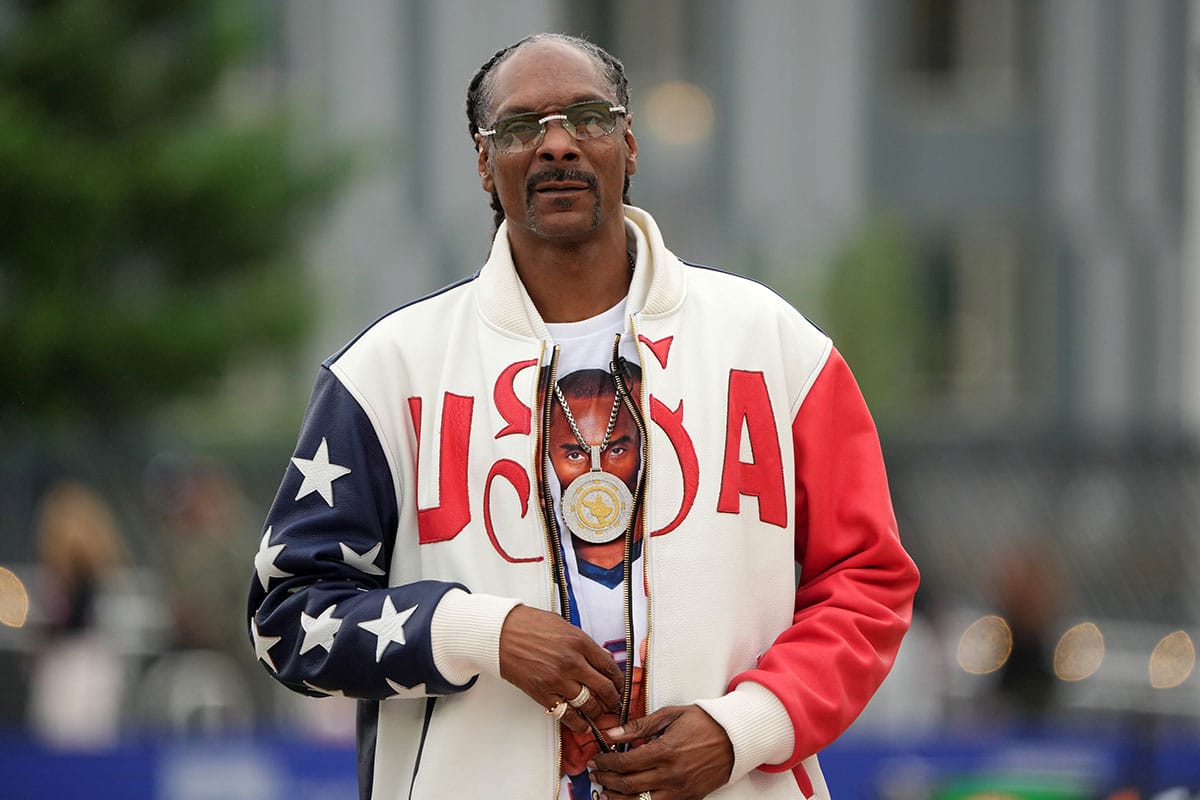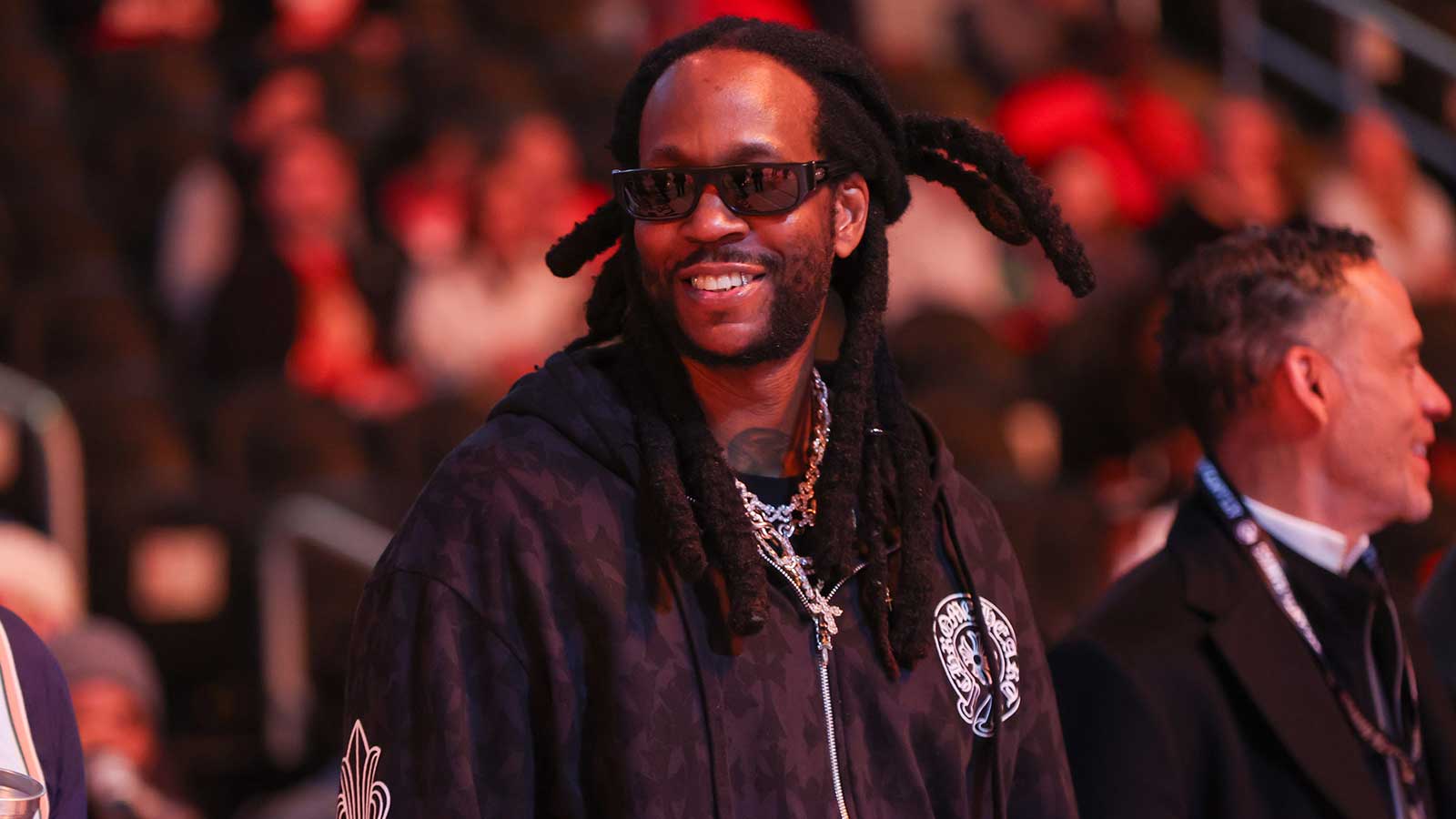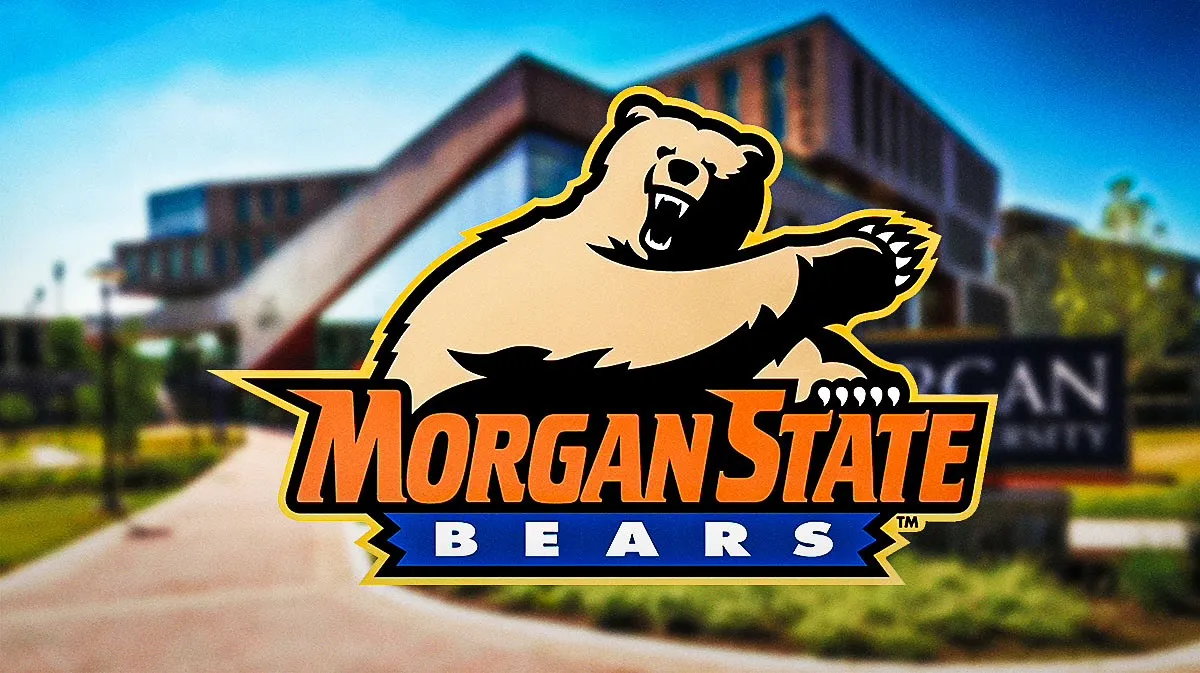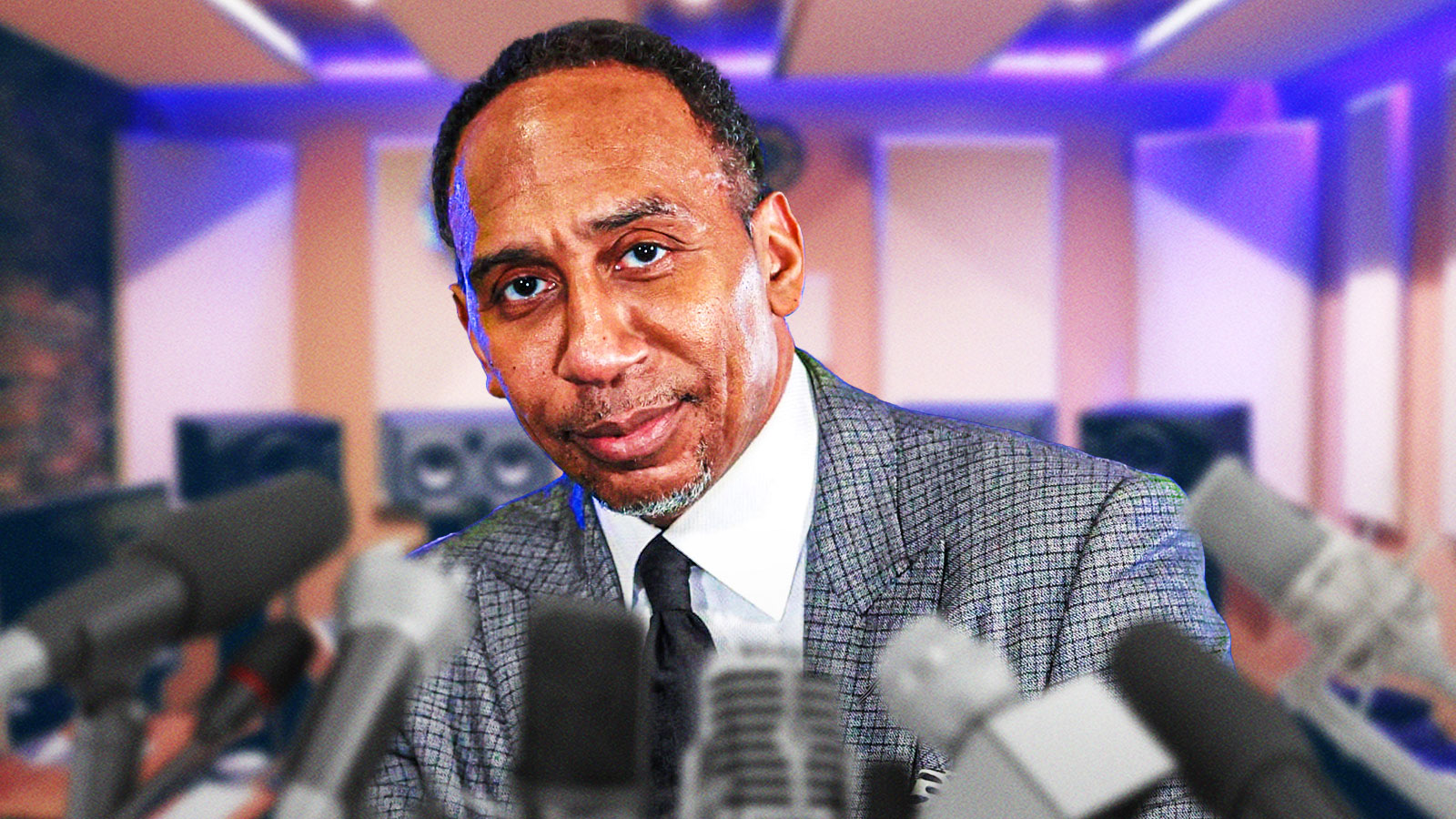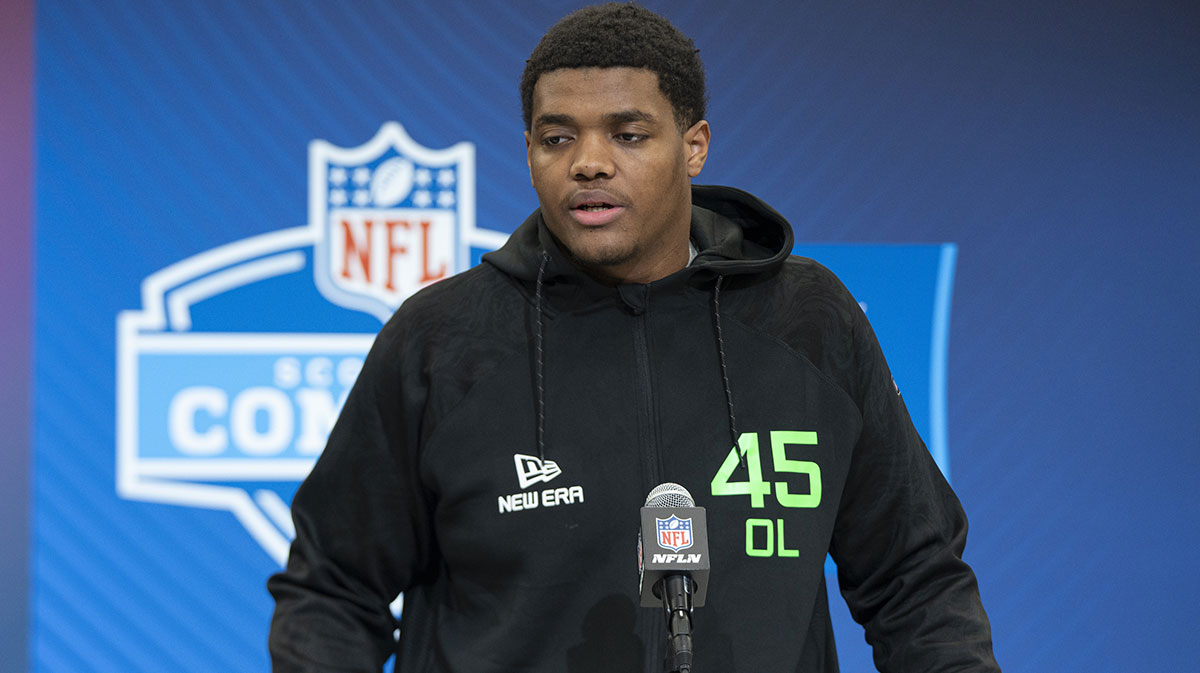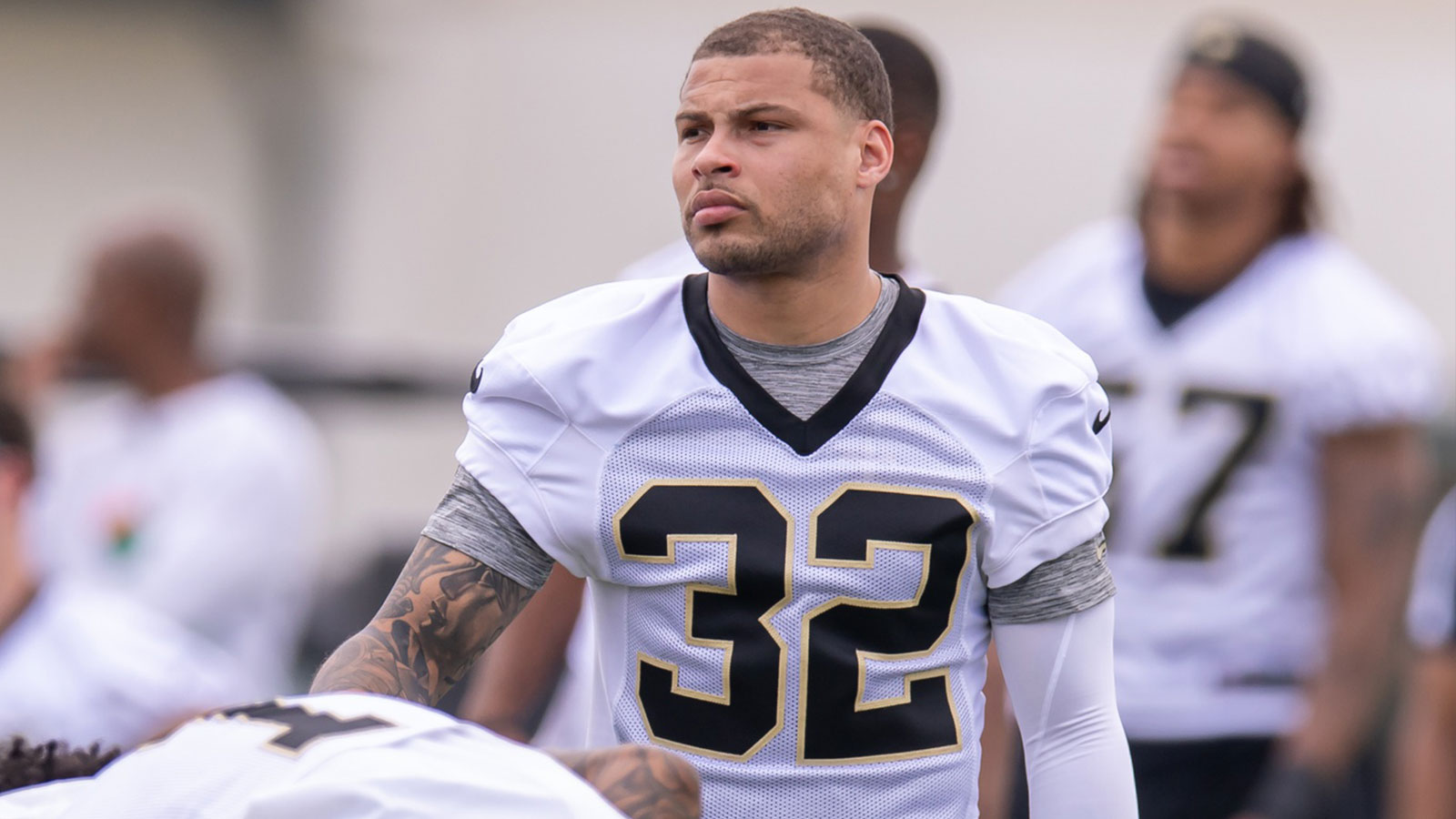Rapper Snoop Dogg recently made a surprise appearance at Jackson State University. The West Coast rapper made an appearance at GLAAD’s “Generation Z and HIV: Human Issue. Southern Solution. An HBCU Tour.” Many were surprised by his decision to attend this event following Hilo’s earlier comments about the LGBTQIA+ community.
During the event, he sat with GLAAD’s Darian Aaron to discuss how HIV has impacted the music industry and LGBTQ representation in media. He spoke on how entertainers reacted to the diseases during the early years of the epidemic. Snoop described the early reactions as “fear” and “lack of guidance.” In 1995, fellow West Coast rapper Eazy-E died of HIV/AIDS complications one month after his diagnosis. His status shocked the rap game, shedding light on this issue.
“There was no medical information to let us know what was going on. We were so scared, we stopped everything,” he said.
Earlier this month Snoop faced backlash following his comments regarding same-sex couple inclusion in the 2022 Disney movie Lightyear. On a podcast, he expressed his concern with same-sex couples being shown in children’s movies after seeing the movie with his grandson. During the interview he said he was “scared to go to the movies now” due to not knowing the answers to the questions his grandson was asking him. The film shows a lesbian couple with a baby.
He later responded to the backlash by saying that he has gay friends and his response wasn’t intended to be homophobic, but he did not know how to answer the questions of a six-year-old. But during an interview with Jeremy Beloate, he praised young members of the LGBTQ community and diverse families.
“It’s a beautiful thing that kids can have parents of all walks and be shown love, to be taught what love is… being able to have parents from all walks of life, whether it be two fathers, two mothers, or whatever it is, love is the key.”
According to HIV.org, approximately 1.2 million people in the United States have HIV. Of those numbers, Black people account for 39% of new HIV cases. Of those who are infected with HIV, approximately 13% of people do not know their status and testing. HIV is an ongoing problem within the Black community, and that is why conversations like this are important.
“HIV in Black communities is far from over, and Black people in the South, regardless of sexual orientation, gender identity, socioeconomic status, or number of total partners, remain at disproportionate risk. The tour will help inform and protect students with essential knowledge about HIV, including that it is preventable with an injection or daily pill, as well as survivable and untransmittable when properly treated,” said Aaron.

